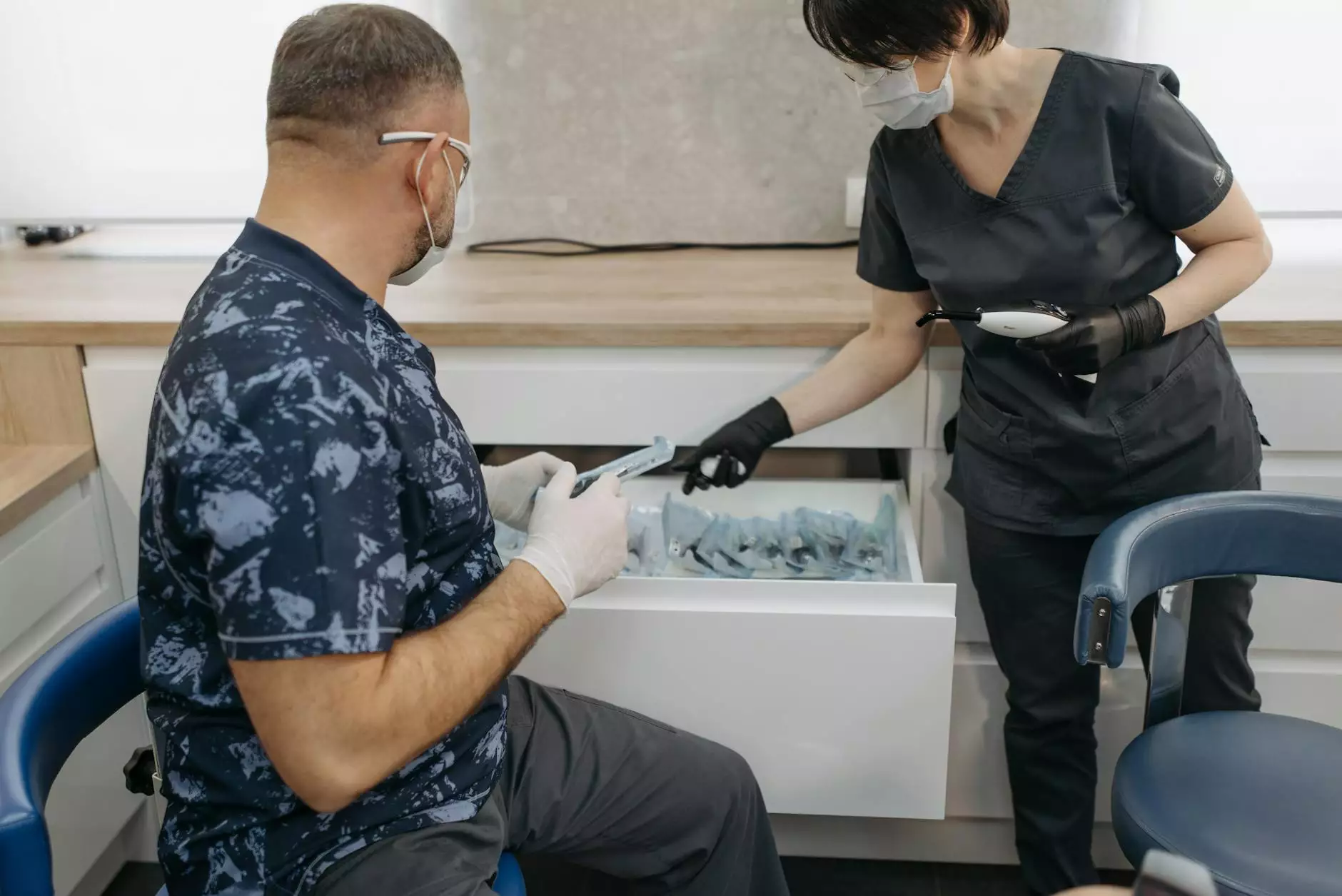Understanding the Cost of Dental Crowns: Your Complete Guide to Dental Restoration

When it comes to maintaining optimal oral health and a radiant smile, dental crowns play a pivotal role in restorative dentistry. They are versatile solutions that address various dental issues, from protecting compromised teeth to enhancing aesthetic appeal. However, one of the most common questions patients have before opting for this procedure pertains to its cost. This comprehensive guide aims to illuminate all aspects related to the cost of dental crowns, helping you make informed decisions while emphasizing the importance of professional dental care from reputable medical centers like wupdoc.com.
What Are Dental Crowns and Why Are They Important?
Dental crowns, also known as caps, are custom-made coverings that fit over damaged, decayed, or aesthetically imperfect teeth. They restore the tooth’s shape, size, strength, and function while improving its appearance. Crowns are essential in cases where a tooth requires reinforcement after root canals, large fillings, or significant trauma.
The Different Types of Dental Crowns and Their Cost Implications
Understanding the variety of crowns helps in comprehending the factors that influence the cost of dental crowns. The main types include:
- Ceramic or Porcelain Crowns: Ideal for front teeth due to their natural appearance. Usually more expensive but offer superior aesthetics.
- Porcelain-fused-to-metal (PFM) Crowns: Blend strength with aesthetics, often more affordable, but may show metal margins over time.
- Metal Crowns (Gold or Silver Alloy): Known for their durability and longevity, often used for molars. Typically cost less but less aesthetically pleasing.
- Zirconia Crowns: High strength and beautiful appearance; a popular choice balancing cost and durability.
The selection depends on the specific dental needs, location in the mouth, and personal aesthetic preferences. The type chosen directly impacts the overall cost of dental crowns.
Factors Influencing the Cost of Dental Crowns
Several critical factors determine the final price of dental crowns. Recognizing these helps patients anticipate costs and plan accordingly:
1. Material Choice
The material used plays a decisive role in pricing. For example, ceramic and zirconia crowns tend to be more expensive due to their premium aesthetics and advanced technology involved in fabrication.
2. Location of the Dental Practice
Prices vary significantly based on geographic location. Urban centers and highly developed metropolitan areas generally have higher procedure costs owing to overhead expenses and advanced facilities.
3. Complexity of the Case
Cases requiring root canal treatment, extensive decay removal, or additional preparatory procedures will increase the overall cost.
4. Dentist’s Expertise and Reputation
Experienced and renowned dental practitioners often charge higher fees given their specialization, precision, and quality assurance.
5. Laboratory and Fabrication Costs
The quality of craftsmanship and laboratory technology (such as CAD/CAM milling) directly influence the cost of dental crowns.
6. Additional Procedures
Preliminary X-rays, anesthesia, sedation, or follow-up visits add to the total expenditure.
Average Price Range for Dental Crowns
The average cost of dental crowns varies globally but generally falls within the following ranges:
- Ceramic or Porcelain Crowns: $800 - $3,000 per tooth
- Porcelain-fused-to-metal Crowns: $700 - $2,500 per tooth
- Metal Crowns: $600 - $2,000 per tooth
- Zirconia Crowns: $900 - $2,500 per tooth
It is essential to consider that these estimates include both material costs and lab fees, but do not necessarily cover additional treatments or sedation if required.
Why Investing in Quality Matters in Dental Crown Procedures
Although cost is a significant factor, prioritizing quality ensures the longevity and success of your dental crown. Poor-quality materials or unskilled providers can lead to complications like crown failure, wear, or aesthetic dissatisfaction. Reputable medical centers emphasize comprehensive diagnostic assessments, use advanced technology, and employ experienced practitioners to ensure optimal outcomes.
Benefits of Professional Dental Care for Crowns
Choosing a qualified dental center offers numerous benefits:
- Precision and Fit: Ensuring the crown fits perfectly reduces discomfort and improves function.
- Durability: High-quality crowns last longer, saving costs over time.
- Aesthetic Excellence: Achieve natural-looking results that boost confidence.
- Minimized Complications: Reduced risks of infections, sensitivity, or chipping.
- Post-Procedure Support: Professional centers provide follow-up care and warranties.
How to Manage and Reduce the Cost of Dental Crowns
While quality is paramount, there are practical ways to make the procedure more affordable without sacrificing standards:
- Insurance Coverage: Check if your dental insurance plan covers part of the cost.
- Payment Plans: Many dental centers offer financing options or installment plans.
- Comparison Shopping: Obtain detailed quotes from multiple reputable providers.
- Preventive Care: Maintain oral hygiene to reduce the need for extensive restorative procedures.
- Choose the Right Center: Select clinics that offer transparent pricing and high-quality materials.
Conclusion: Making an Informed Decision on the Cost of Dental Crowns
Understanding the intricacies surrounding the cost of dental crowns enables patients to make informed, confident choices regarding their oral health. Remember that the cheapest option may not always be the best; investing in high-quality materials and experienced care ensures durability, aesthetics, and overall satisfaction. Choosing reputable medical centers like wupdoc.com guarantees access to advanced technology, expert practitioners, and comprehensive post-treatment support. Your smile is a valuable asset—protect it wisely with professional, quality dental care.
Take the Next Step Towards a Healthier Smile
If you are considering dental crowns or wish to learn more about affordable, high-quality dental restoration options, contact a trusted dental specialist today. Exceptional care, transparency, and expertise are the cornerstones of achieving a beautiful, functional smile that lasts for years to come.









